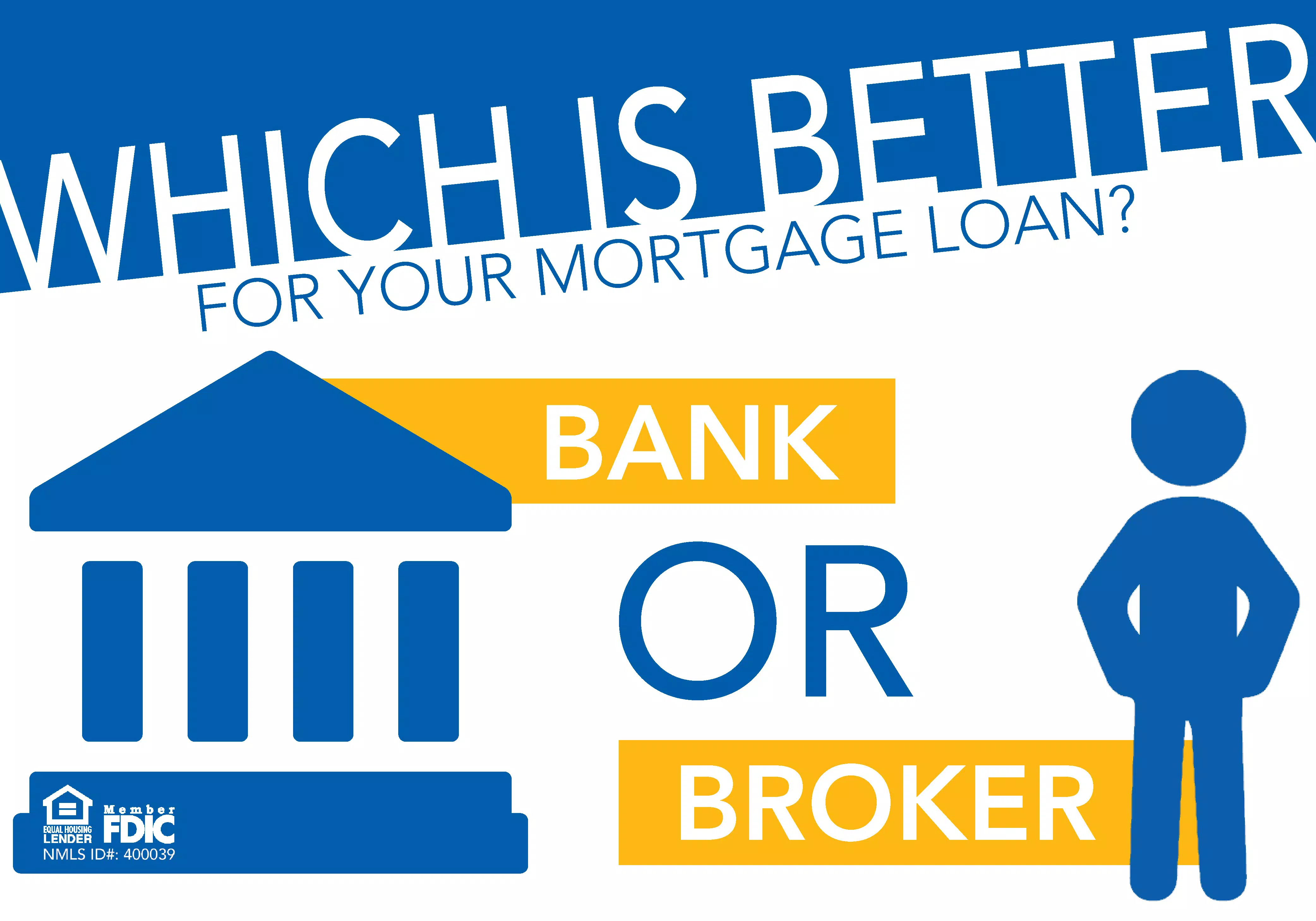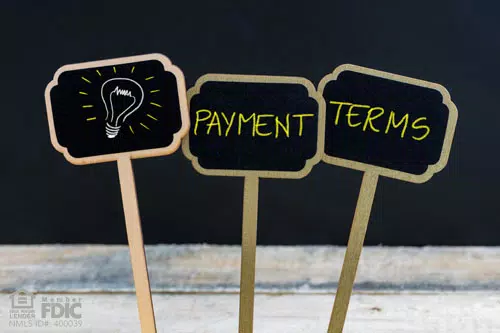Since mortgage rates have dropped to the lowest in 2019, buying a new home has been added to many people’s to-do list this spring. Part of that process is securing a mortgage loan with a reliable lender.
The most common way to get a mortgage loan is through a bank, but some people also choose to use a mortgage broker.
A mortgage broker acts as an intermediary between the banks and the borrower. Think of them as independent salespersons working for several different lending institutions. Many borrowers find them attractive because they can submit a loan application to multiple lenders and see which comes back with the best deal. This method especially appeals to borrowers with low credit scores or income issues.
On the other hand, banks work on your loan from start to finish, creating a more streamlined process and faster closing times. Fees are usually either lower or nonexistent when compared to a broker. In 2009, HUD (U.S. Department of Housing and Urban Development) created a study on the closing costs of FHA loans, and they found that brokered loans were more expensive by about $425.
Using a broker may be the right solution if you have credit problems or don’t have the time to shop around for a mortgage loan. But if you prefer to work with one entity from start to finish and you want to close reasonably, using a mortgage bank is the way to go.
If you have questions about how to get the loan that is most appropriate for you, contact a mortgage specialist at NASB at 888-661-1982 or click here.




